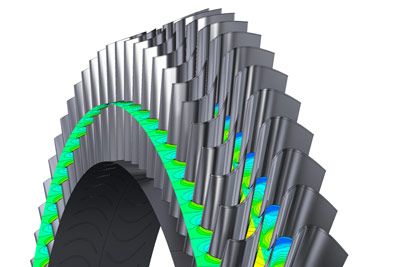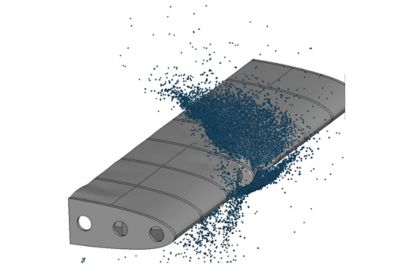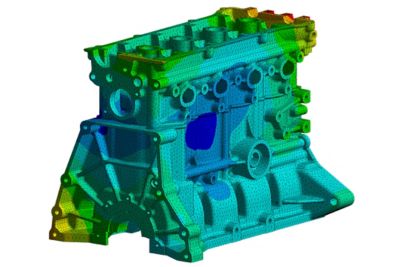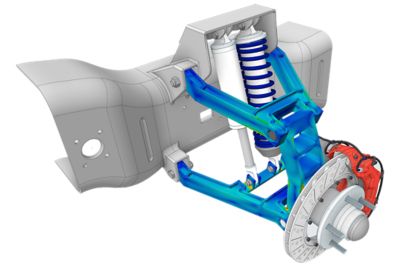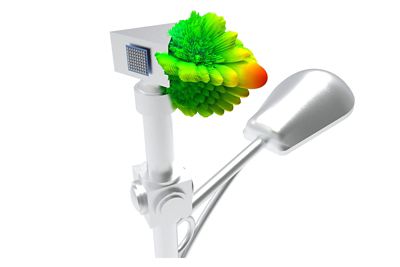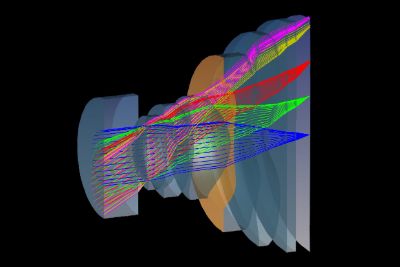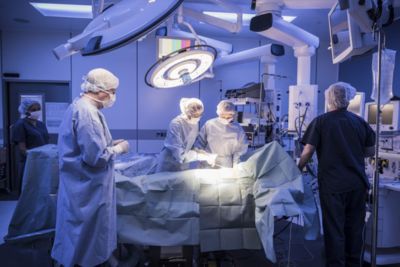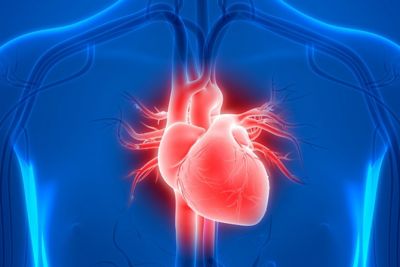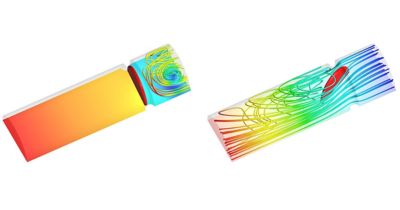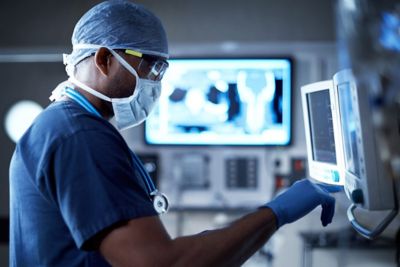Cardiovascular Applications
Rapid and reliable innovation and testing of new cardiovascular medical devices and implants.
Optimize Cardiovascular Devices Through Simulation
With more than 30 percent of all deaths attributed to cardiovascular diseases, the healthcare industry invests massively in disease prevention, treatment and efforts to shorten the recovery period. The extensive in vitro and in vivo testing required to ensure patient safety inevitably slows the delivery of innovative implantable cardiovascular devices — stents, valves or pacemakers/defibrillators — to those who need them the most. Leveraging the power of in silico medicine and developing a detailed and reliable multiphysics model of the device and its working environment (the human body) provides the necessary insights to test and optimize new products, help accelerate regulatory approval and save lives.

Cardiovascular Applications
Create Effective Cardiovascular Devices
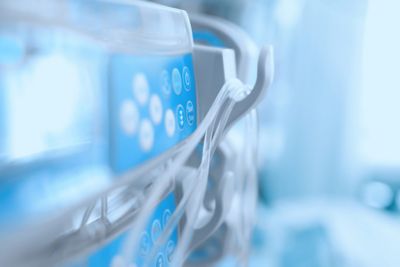
In Silico Clinical Trials
Applying validated and approved computer models of cardiovascular implants to hundreds of virtual patients provides digital evidence of product performance to help accelerate the regulatory approval process.
Minimize Blood Damage
High shear stress induced by artificial blood pumps or valves may irremediably damage blood cells. Simulation delivers the insight required to innovate device design and reduce damage.
Ensuring MRI Compatibility
Coupled electro-thermal analysis can evaluate the temperature increase with implanted devices such as pacemakers due to MRI interaction.
Reliability and Durability
Use simulation to examine the performance of a cardiac valve or a stent under a wide range of loading conditions and in a diverse virtual population, to render reliable, durable designs.
Featured Resources
BLOGS
Let’s Get Started
If you're facing engineering challenges, our team is here to assist. With a wealth of experience and a commitment to innovation, we invite you to reach out to us. Let's collaborate to turn your engineering obstacles into opportunities for growth and success. Contact us today to start the conversation.












